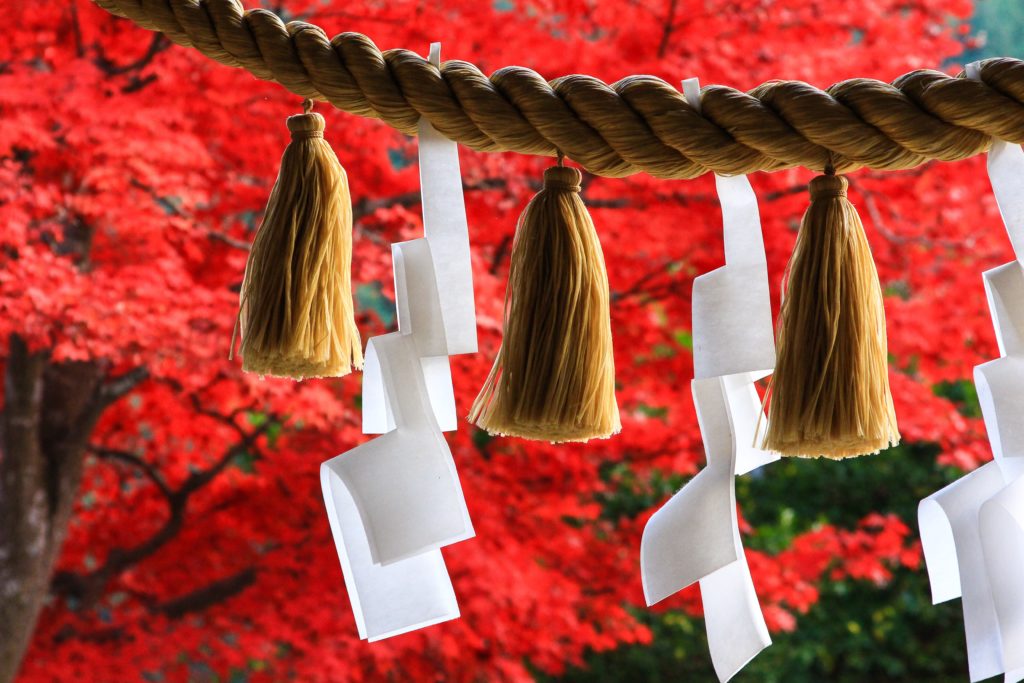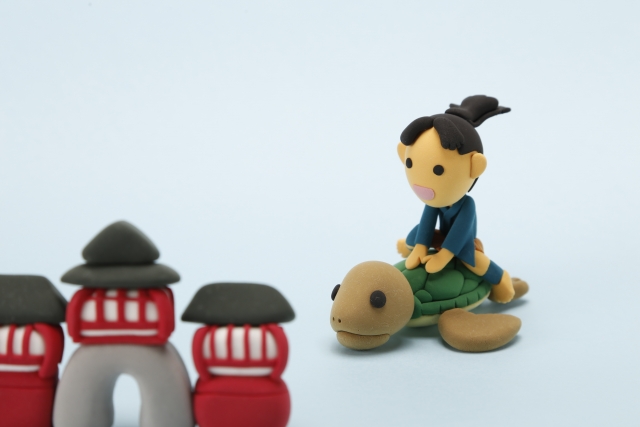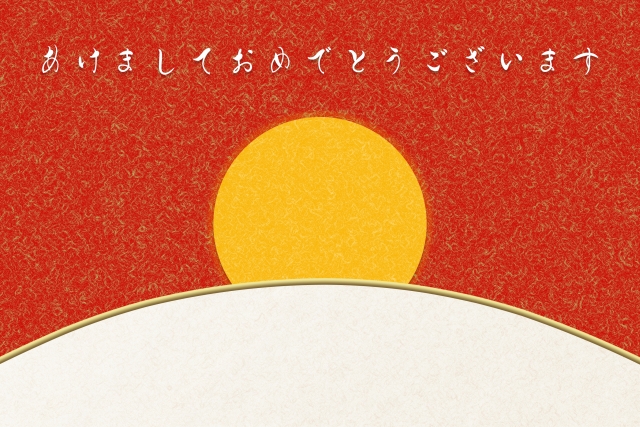

In Japan, there are many “Jinja (shrine)”.
The total count of these Jinja are unclear, but there are around 90 thousand all over Japan.
The base point of view about Jinja is established from Shintoism.
The peculiarity of Shintoism is based on four items.
- No founder
- No dogma
- No religious precepts
- No idol
Shintoism is not a religion, so we use the word “way=tō or dō”.
The kanji of “way (michi)”, another reading way is “tō” or “dō”.
What is meant by the “way” of “Shintoism”?
“Chanoyu” is called “Sa-do; tea ceremony (way of the tea)”, “Tachibana” is called “Ka-do; flower arrangement (way of the flower)”, and “calligraphy” is called “Syo-do; Japanese calligraphy (way of writing).”
Also, “sword art” is called “Kendo”, and “Jujutsu” is called “Judo”.
All containing the kanji “dō” or “way”.
You should not be careless until the end, keep normal and modesty…It grows your character for touching everything by “Rei-Setsu”.
“Dō”, the word expresses what it is not only your skill up, but also looking grow up as a human.
Because we aim to grow as a person, there is no “perfect form”.
“Dō” is the meaning of “the process growth with which we continue to pursue”.
Japan is one of the most naturally wealthy countries in the world.
This country encircled by the sea, long from north to south, and there are many over 3000m mountains in the middle of the archipelago.
Around 70 percent of the land is forest.
Our ancestors have lived their lives harmoniously in relation to nature.
Nature gives us a great wealth, on the other hand, there is also large violence.
People who lived in the era felt mystic power from the natural phenomenon.
We felt the noble power of life in the circulation around great nature.
They felt mysterious power which birth on vitality where we cannot see to appear in the world anything.
We live in a sense of value in which we should not control nature but makes harmony in nature, humans must not change nature at our convenience.
In order to make a better environment for the next generation, we protect harmony with nature.
Humans live with nature… It means to keep prosperity together through sagacity or sense of value, or we can say “facing to great nature by Rei-Setsu”.
This page tells you about the Japanese studies on religion, philosophy and literature that have influenced the Japanese mind.
Philosophy New Articles

The Sixth Sense
- Posted: 2021.1.5
The five human senses are sight, hearing, smell, touch, and taste. In Eastern thought, there are six roots: ey […]

Pay it forward
- Posted: 2021.1.4
When we reach milestones in our lives, such as graduation, finding a job, or getting married, we are reminded […]

Omiki (Divine Sake)
- Posted: 2021.1.2
Omiki is the sake that is offered to the kamis in Japanese Shintoism. The word “Omiki” is a beauti […]

Kotohogi (Ancient Japanese words meaning “to congratulate”)
- Posted: 2021.1.2
The word “Kotohogi” means “to celebrate with words”. There was a belief in “koto […]

Japanese Flag and National Anthem
- Posted: 2021.1.2
Each country’s national flag expresses its thoughts and feelings. There are flags that represent the sun […]
